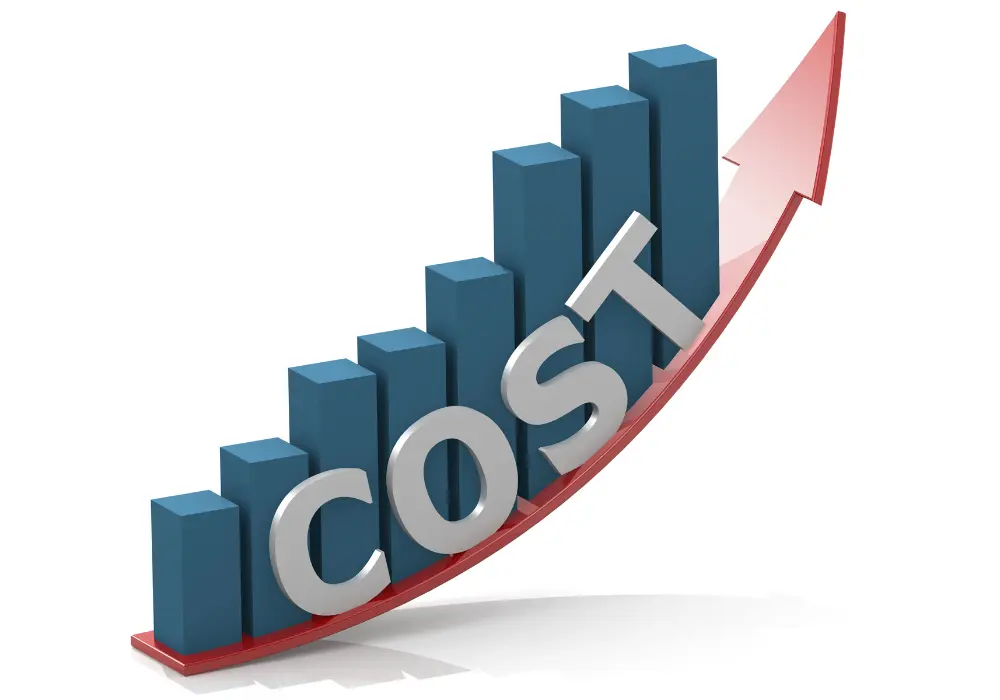As the allure of Paris enchants travelers worldwide, a multitude of considerations comes to mind. Among these, the price of gas stands out with significance, especially for those planning on exploring the City of Light by car. Gas prices are a cornerstone of travel budgeting that can drastically alter one’s financial landscape. This article aims to provide an extensive overview of gas costs in Paris, shedding light on what tourists should realistically budget for during their sojourn in this iconic city.
First and foremost, understanding the current state of gas prices in Paris is essential. Paris, embracing the eco-conscious age, often experiences fluctuating fuel costs influenced by various factors, such as global oil prices, taxes, and local regulations. As of late, the cost per liter of gasoline in Paris hovers around €1.80 to €2.00. This range must be accounted for when allocating funds for gasoline during your trip. However, these prices may fluctuate, emphasizing the importance of staying informed through local news or apps dedicated to tracking fuel prices.
When visiting Paris, many travelers may assume that convenience stores near tourist areas will provide gas at reasonable prices. However, a savvy traveler quickly discovers that fuel stations situated farther away from the main attractions often offer competitive prices. A helpful tip is to utilize mobile applications that identify the nearest fueling stations while simultaneously revealing their prices. Such tools minimize the chances of overspending and enhance your overall travel experience.
It’s also pertinent to explore the differences between gasoline options. In France, “Super” unleaded gasoline and diesel fuel are the predominant types available. Super unleaded gas (SP95 or SP98) caters to higher-end vehicles, while diesel remains a popular choice due to its efficiency and lower operational costs. Diesel fuel can frequently be slightly cheaper than unleaded gasoline, making it an attractive option for travelers planning to rent a car. When budgeting for gas, consider your choice of vehicle and its fuel type as this can yield significant cost variances.
Moreover, unlike many countries, where gas stations might display prices per gallon, France displays prices per liter. For travelers unfamiliar with the metric system, a simple conversion can be enlightening. One US gallon is approximately 3.785 liters. Consequently, if a liter costs €1.90, you could expect to pay around €7.17 per gallon. This adjustment can cultivate a new perspective on fuel prices for American tourists accustomed to an entirely different pricing structure.
As you consider your transportation options while in Paris, it’s crucial to weigh the benefits of renting a car versus utilizing public transportation. Paris possesses a robust and efficient public transit system, including buses, trams, and the famed Métro. For many visitors, opting for public transit can save not only on gas expenses but also alleviate concerns about parking fees and traffic congestion. Parking can be particularly burdensome in the densely populated streets of Paris, with rates varying substantially depending on the arrondissement.
For those insistent on exploring the French countryside or neighboring regions, budgeting for gas for day trips becomes imperative. Distances in France, although manageable, can lead to surprising fuel consumption depending on your itinerary. Venture to the picturesque landscapes of Provence or the historic castles of the Loire Valley, and you could find yourself accruing significant fuel costs. Hence, it’s beneficial to map out both your route and expected distances in advance.
Furthermore, let’s delve into the element of fuel efficiency. Consider renting a hybrid or compact car, often recognized for their gas-saving prowess. These vehicles not only contribute positively to environmental sustainability but also can present noticeable savings at the pump. Many rental services in Paris offer green alternatives, thus providing travelers with the opportunity to embrace an eco-conscious journey.
Moreover, it’s essential to factor in driving conditions and habits. Navigating Paris’s vibrant streets, adorned with iconic landmarks, may prove enticing but challenging. Frequent stops, traffic fluctuations, and navigating narrow roads can compromise fuel efficiency. An efficient driving style not only maximizes fuel benefits but also enriches your overall experience amidst the engaging Parisian scenery.
Lastly, while budgeting for gas costs, don’t forget to account for ancillary expenses that can arise from long journeys, such as tolls and road fees. Major highways and certain routes leading into Paris may impose tolls which add to the overall cost of travel. Hence, always have a contingency plan to accommodate these additional expenses, ensuring a stress-free journey.
In conclusion, understanding the nuances of gas prices in Paris can transform your travel budgeting into a well-informed endeavor. By grasping the intricacies of fuel costs, vehicle type, and alternative transport options, tourists can experience Paris not as a monetary burden but as an enchanting tapestry of experiences waiting to be explored. Embrace the adventure, take the curiosity-laden road less traveled, and ultimately, discover the essence of Paris, where every mile reveals a new chapter.
